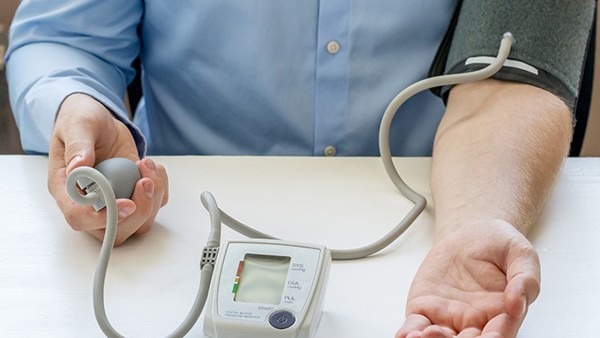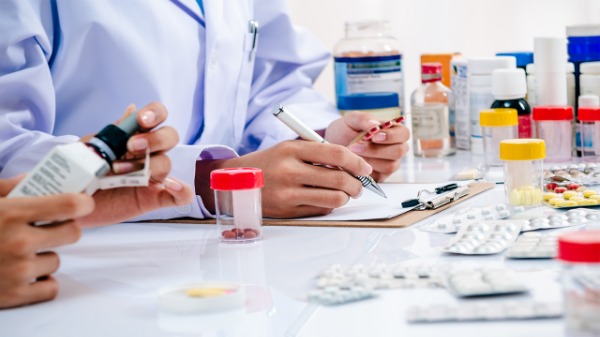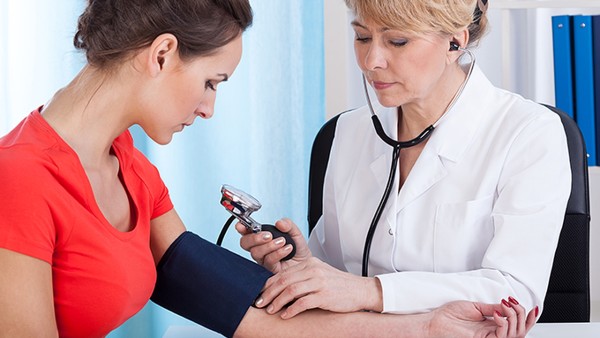Don't be too abstinent during ovulation

Confused about trying to conceive? Here are 5 myths about ovulation, busted.
Trying to conceive can be a confusing and frustrating time. Especially when you're constantly bombarded with conflicting information. We're here to help. Here are 5 myths about ovulation, busted.
Myth 1: You can only get pregnant during ovulation
This is the most common misconception about ovulation. Yes, it's true that you're most likely to get pregnant during ovulation, but it's still possible to get pregnant if you have sex in the days leading up to ovulation, especially if you have irregular ovulation.. Sperm can live inside a woman's reproductive tract for up to 5 days, so if you have sex during your fertile window, there's a good chance that sperm will be waiting to fertilize an egg when it's released.
Myth 2: You can only ovulate once per cycle
Most women ovulate only once per cycle, but it is possible to ovulate twice or even more in a single cycle. This condition is known as polyovulation. Polyovulation is thought to occur when two mature eggs are released from the ovaries at the same time. Every woman's body is different, some women have a biphasic basal body temperature while others have a monophasic basal body temperature.
Myth 3: Ovulation always happens on day 14
The average menstrual cycle is 28 days, so it's often assumed that ovulation occurs on day 14. However, not everyone has a 28-day cycle. Ovulation can occur sooner or later, depending on the individual woman. The only way to know for sure when you're ovulating is to track your ovulation.
Myth 4: You can't get pregnant if you're not having regular periods
It's true that irregular periods can make it more difficult to get pregnant, but it's not impossible. If you have irregular periods, talk to your doctor about ways to improve your chances of conceiving.
Myth 5: You don't need to have sex every day during your fertile window
Having sex every other day during your fertile window is usually enough to increase your chances of conceiving. However, if you're not having regular periods, or if you're over the age of 35, you may want to have sex more often.
Here are 5 tips for increasing your chances of getting pregnant
1. Track your ovulation. The first step to increasing your chances of getting pregnant is to track your ovulation. There are a few different ways to do this, including using an ovulation predictor kit, charting your basal body temperature, or using a fertility app.
2. Have sex regularly during your fertile window. Once you know when you're ovulating, it's important to have sex regularly during your fertile window. This means having sex every other day, or even every day, if possible.
3. Don't be afraid to experiment. If you're not getting pregnant after a few months of trying, don't be afraid to experiment with different positions or techniques. Some couples find that certain positions or techniques are more effective for them.
4. Get help from a doctor. If you're not getting pregnant after a year of trying, it's important to see a doctor. There may be an underlying medical condition that is preventing you from conceiving.
Conclusion
Getting pregnant can be a challenging process, but it's important to remember that you're not alone. Millions of couples struggle with infertility each year. With the right information and support, you can increase your chances of getting pregnant and having a healthy baby.
The above is all the content that the editor wants to share with you. I sincerely hope that these contents can bring some help to your life and health, and I also wish that your life will be happier and happier.
Topic: #too #be #don















